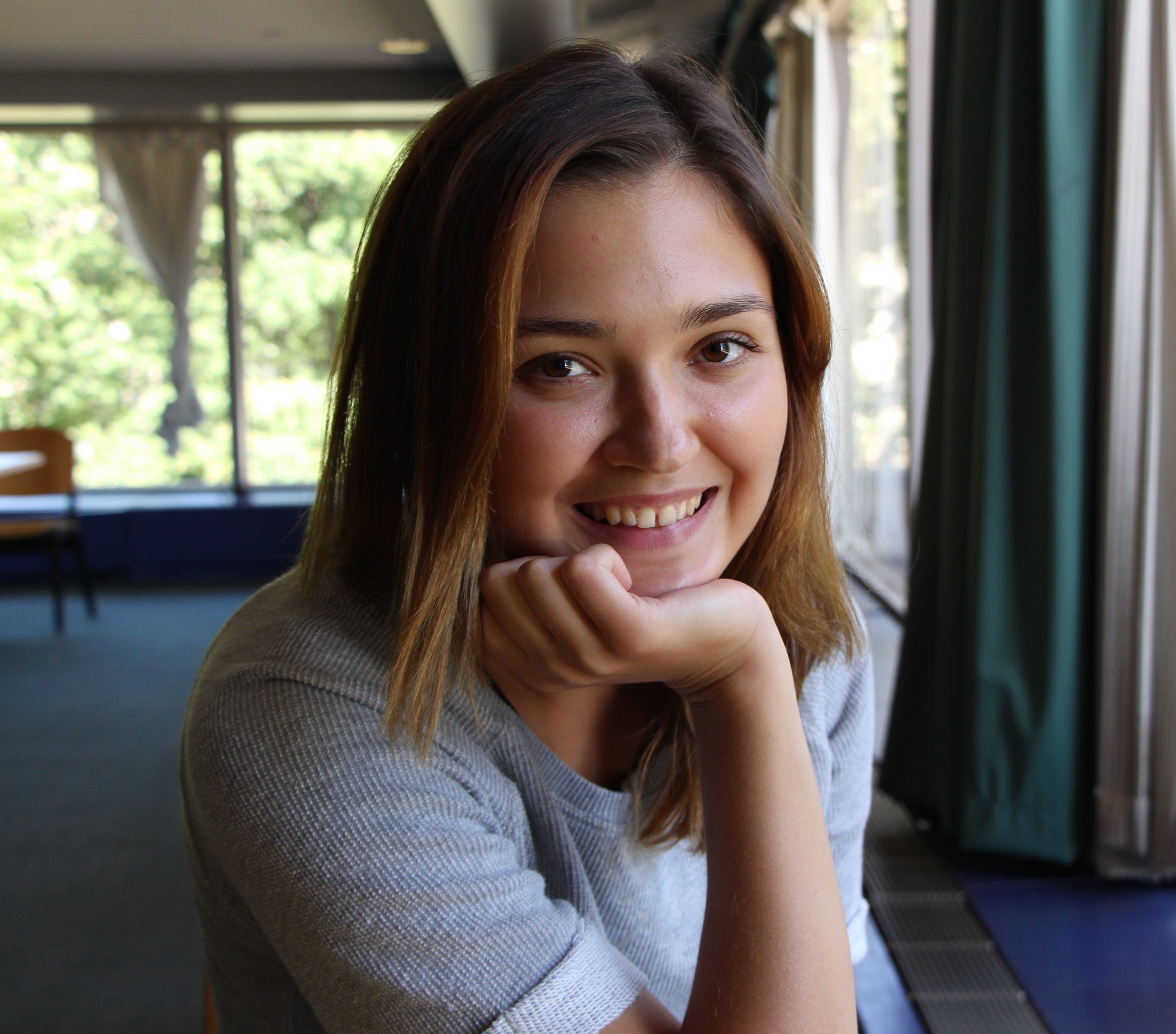
Irina Zhelavskaya
(PhD candidate)
Helmholtz Centre Potsdam
GFZ German Research Centre for Geosciences
University Potsdam
Starting date: 1st December 2017
Supervisor: Prof. Dr. Yuri Shprits (GFZ)
Partners: Prof. Dr. Tobias Scheffer (UP), Prof. Dr. Sebastian Reich (UP), Prof. Dr. Claudia Stolle (GFZ)
Project: Empirical modeling of the plasmasphere dynamics using neural networks related to naturally driven solar storms
The plasmasphere is a torus of cold dense plasma surrounding the Earth, and it is very dynamic. Its shape and size are highly susceptible to solar and geomagnetic conditions. Having an accurate model of the plasmasphere is crucial for predicting hazardous events in the near-Earth space environment and can have effect on humans and technology in space and adverse effects on the ground. However, the distribution of cold plasma and its dynamic dependence on solar wind and geomagnetic conditions remain poorly quantified. Existing empirical models of plasma density tend to be oversimplified. The goal of this project is to quantify the dynamics of the plasmasphere. We will employ neural network-based empirical modeling and will train the networks on a large volume of current and historic data from NASA’s Van Allen Probes, THEMIS, MMS missions. The input to the models will be the time history of geomagnetic and solar wind parameters. The neural networks will undergo an extensive process of validation and testing, and the model predicted global evolution will be validated by performing comparisons to global images from NASA’s IMAGE mission.

